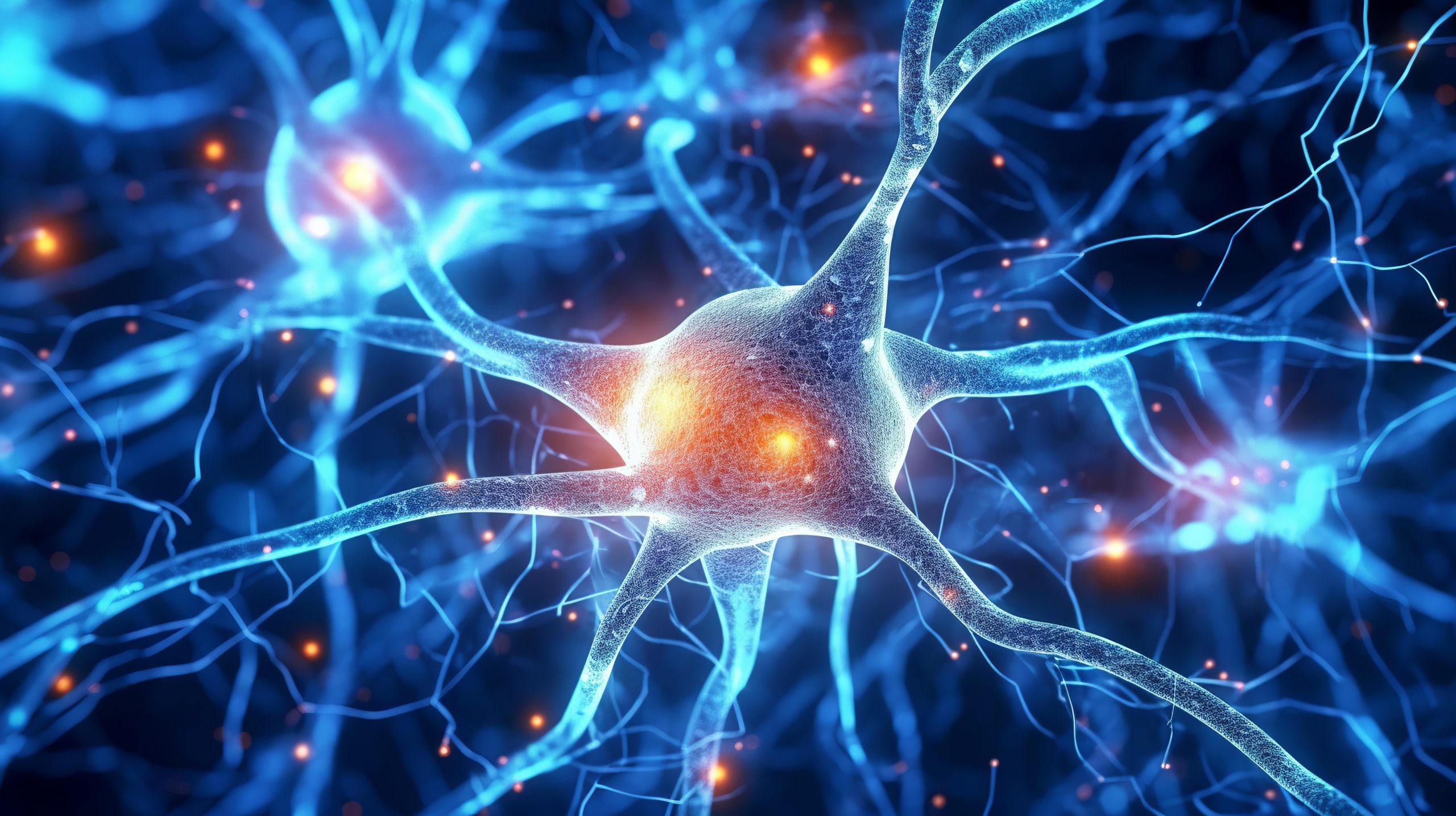Peripheral Nerve Stimulation (PNS)
What is PNS?
Peripheral nerve stimulation (PNS) is a type of medical treatment that involves the use of electrical stimulation to treat chronic pain.
It involves placing small electrodes on or near the peripheral nerves, which are the nerves that are located outside of the brain and spinal cord. The procedure is usually performed on an outpatient basis and involves the use of local anesthesia. The electrodes are typically placed using a needle, and the patient may experience a mild tingling sensation during the procedure.
PNS is often used to treat conditions such as back pain, neck pain, nerve pain, and other types of chronic pain that have not responded to other forms of treatment.


PNS is often used to treat conditions such as back pain, neck pain, nerve pain, and other types of chronic pain that have not responded to other forms of treatment.
Before this process, our pain specialists will meet with you and determine if you are a good candidate for PNS by going through a trial period.
During the trial period, a PNS device is implanted under the skin and electrodes are placed on the targeted peripheral nerves to deliver electrical stimulation. You can adjust the settings of the device, with guidance from your healthcare provider, to find the optimal level of stimulation that provides pain relief without causing discomfort or side effects.
If you experiences significant pain relief during the trial period and decide to move forward with a long-term implant, the PNS device is surgically implanted under the skin in a more permanent location. If you do not experience sufficient pain relief or encounter any issues during the trial period, the device is simply removed and alternative treatment options may be explored.
Overall, peripheral nerve stimulation is a safe and effective treatment option for chronic pain. Our experienced pain management specialists will meet with you to determine if PNS is the right treatment for you.
Our PNS Treatment Services Include

Comprehensive Pain Assessment
We begin with a thorough evaluation of your medical history, symptoms, and pain patterns. This helps us determine whether you’re a suitable candidate for neuromodulation therapies.

Customized Treatment Planning
Based on your assessment, we create a personalized treatment plan tailored to your specific condition and goals. This may include diagnostic testing and a trial period to assess the effectiveness of PNS.

Minimally Invasive Implant Procedure
If the trial is successful, we proceed with a minimally invasive procedure to implant the PNS device. This outpatient procedure allows for quick recovery and minimal disruption to your daily life.
4 key points for Neuromodulation
Targeted Pain Relief
Neuromodulation provides focused relief by delivering electrical stimulation directly to the nerves responsible for your pain, helping block pain signals before they reach the brain.
Minimally Invasive Procedure
The implant is placed using a small incision and advanced imaging techniques, reducing surgical risk and allowing most patients to resume normal activities shortly after.
Drug-Free Pain Management
This approach reduces or even eliminates the need for long-term pain medications, helping patients avoid the side effects and dependency risks associated with opioids.
Reversible and Adjustable
Neuromodulation devices can be programmed to suit your changing needs and can be removed if necessary, giving you control over your treatment without permanent alteration.
